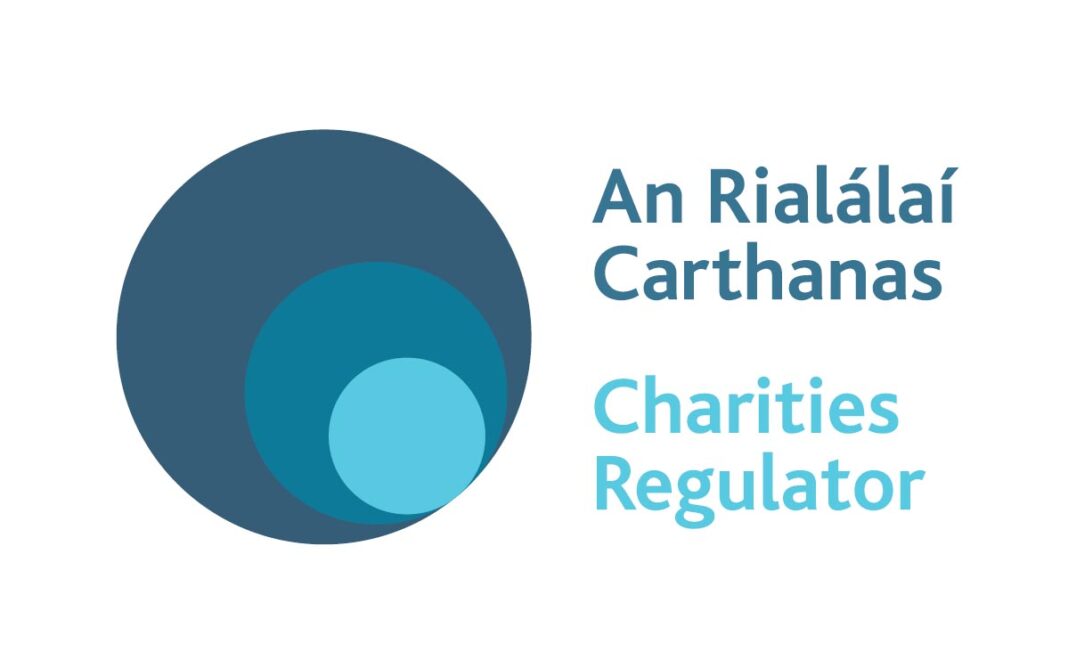Christmas is a really important time of the year for charities when it comes to fundraising. Research from the Charities Regulator highlights that the public expect all proceeds from events billed as charity fundraisers go to charities.
The Charities Regulator is encouraging people to check the national register of charities before they donate to make sure they are giving to a registered charity. A full list of Ireland’s registered charities is available at checkacharity.ie.
With over 11,500 registered charities, Irish people interact with charities – often on a daily basis – far more than they may realise – but only organisations that are registered can be legally be described as or use the word ‘charity’.
The Register of Charities on the regulator’s website contains a record of every charity with information about their finances and activities, showcasing the work of individual charities and their contribution to society. This helps people to make an informed decision about organisations they may wish to support.
Speaking about the importance of checking the charities’ register before donating, Chief Executive, Madeleine Delaney said: “Irish people are known to be incredibly generous. Public trust and confidence in charities is critical to sustaining this support. We encourage people – both the public and businesses – to check the register so they can be confident that their donation is being put to good use. There you will find information on the work carried out by your preferred charity from the annual reports submitted to the Charities Regulator.”
Ms Delaney added: “Our research also shows that more than half of adults surveyed believed that any good cause could be classified as a charity. However, charities are just one type of not-for-profit organisation. The main distinguishing feature of a charity is that it must provide a public benefit. We have information on our website that explains the type of organisations that can apply to be registered as a charity, and anyone can check that a charity is registered by visiting checkacharity.ie.”

About the research
The research was conducted online by Amarach, May 2024, on a sample of 1000 adults
Key results included:
83% of people surveyed expect that the proceeds of a charity fundraiser (such as a ball, raffle or pub quiz) will go to charity
57% of those surveyed believe that any organisation doing good work can describe itself as a charity.
46% of respondents incorrectly believed groups fundraising for an individual could be a charity.
The research also showed some confusion as to the type of organisations that could be registered a charities. For example, 45% believed sporting organisations could be registered, and 41% thought community halls primarily used for sports activities could be registered as charities, whereas neither meet the legal test to be a charity.
About Ireland’s charity sector
There are over 11,500 charities on the public Register of Charities.
The charity sector is estimated to be worth €32 billion to the Irish economy, employing over 280,000 people – equivalent to almost one in eight workers in Ireland.
To be a charity in Ireland an organisation must meet the key elements of the test that is set out in the legislation and applied by the Charities Regulator as part of the registration process. They are:
Operate in Ireland
Exist for one or more of the 15 approved charitable purpose(s) only
Promote its charitable purpose for the public benefit in Ireland or elsewhere
Not be an excluded body
Types of organisations/groups that cannot be charities in Ireland (that is they are excluded bodies):
Groups whose sole purpose is to promote an athletic or amateur game or sport
Political Parties, or a body that promotes a political party or candidate
A body that exclusively promotes a political cause
A trade union or a representative body of employers
A chamber of commerce
A body that promotes purposes that are unlawful
The Charities Regulator is the independent statutory body responsible for registering and regulating charities operating in Ireland. Its key functions include maintaining a public register of charities and ensuring compliance with the Charities Acts. The Regulator also deals with concerns about charities and has the power to appoint inspectors to investigate the affairs of any charity.
Additionally, it provides services to certain charities, including authorising the appointment of new charity trustees, and authorising the disposition of charity property where a charity does not have a power of sale to deal with the property. The Charities Regulator operates under the aegis of the Department of Rural and Community Development.
